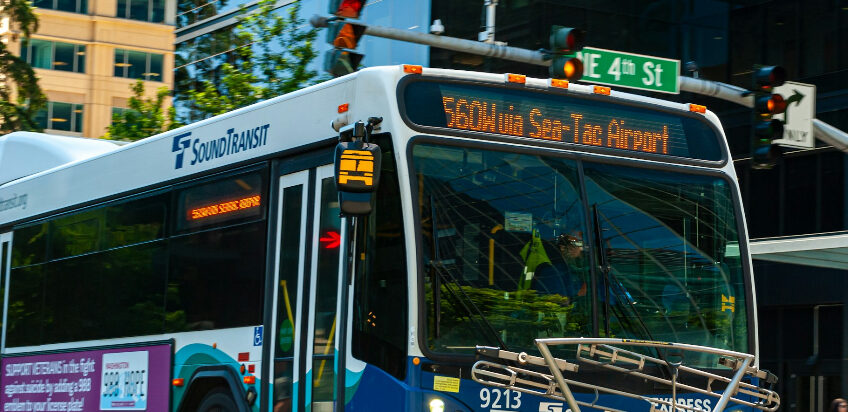Bus accidents in New Jersey can be devastating, often resulting in serious injuries to passengers, pedestrians, and other motorists. Determining who is legally responsible for these accidents is rarely straightforward. Depending on the circumstances, liability may fall on the bus driver, the bus company, or even a municipality such as NJ Transit or a local government agency. Understanding how liability is determined is essential for anyone pursuing compensation after a bus-related crash.
The Bus Driver’s Responsibility
Bus drivers in New Jersey have a heightened duty of care because they operate common carriers—vehicles that transport the public for a fee. This means they must exercise greater caution than the average motorist. A driver may be held personally liable if the accident resulted from negligence, such as:
- Speeding or reckless driving.
- Distracted driving, including texting or using onboard devices.
- Driving while fatigued or under the influence.
- Failing to obey traffic signals or maintain safe distances.
However, in most cases, the driver’s employer—whether a private company or a public agency—shares or assumes liability through vicarious liability, which holds employers responsible for the actions of their employees while on duty.
When the Bus Company Is Liable
Private bus companies, such as charter or intercity operators, can be held liable for accidents caused by:
- Poor maintenance: If a bus crash occurs due to brake failure, tire blowouts, or other mechanical problems, the company may be responsible for failing to perform routine inspections.
- Negligent hiring or training: Companies must ensure that their drivers are properly licensed, trained, and have clean driving records. Employing unqualified or unsafe drivers can lead to direct corporate liability.
- Overworking drivers: If the company pressured drivers to meet tight schedules or exceed legal driving hours, it could be found negligent for encouraging unsafe practices.
In these cases, claims are typically made through the company’s commercial insurance policy, which may offer substantial coverage for injury victims.
When a Municipality or NJ Transit Is Liable
If the bus involved belongs to NJ Transit or another government-operated system, such as a local municipal transportation department, the case becomes more complex. Government entities are protected under the New Jersey Tort Claims Act (NJTCA), which limits lawsuits and imposes strict filing requirements.
To pursue a claim against a public agency, victims must first file a Notice of Claim within 90 days of the accident. This notice must detail the nature of the incident, the injuries sustained, and the damages being sought. Failure to meet this deadline can permanently bar the right to recover compensation.
Liability against NJ Transit or a municipality may arise from:
- Driver negligence while acting within the scope of employment.
- Failure to maintain vehicles or infrastructure (such as defective bus parts or unsafe bus stops).
- Inadequate supervision or training of employees.
However, government agencies often dispute fault or invoke sovereign immunity, which protects them from certain types of claims. That is why experienced legal representation is critical in these cases.
Third-Party Liability
Sometimes, neither the driver nor the transit agency is fully responsible. A third party—such as another driver, a parts manufacturer, or a maintenance contractor—may have contributed to the accident. For example, a poorly designed intersection, defective bus brakes, or another motorist’s reckless driving can all introduce shared liability. In such cases, multiple defendants may be named in the lawsuit, and compensation may be divided according to each party’s degree of fault.
Why Legal Representation Matters
Bus accident claims, particularly those involving public entities, are among the most challenging types of personal injury cases in New Jersey. They require prompt action, detailed investigation, and familiarity with both state negligence laws and the Tort Claims Act. An experienced attorney can:
- Identify all liable parties and available insurance coverage.
- Ensure all legal deadlines are met.
- Gather critical evidence such as maintenance logs, driver records, and surveillance footage.
- Negotiate or litigate for full compensation for medical expenses, lost wages, and pain and suffering.
Conclusion
Determining who is liable in a New Jersey bus accident depends on the unique facts of each case. The driver, company, municipality, or even a third party could share responsibility. Because these claims involve multiple laws and strict procedural rules, victims should act quickly and seek legal assistance. With the right representation, it is possible to hold negligent parties accountable and secure the compensation needed to recover after a serious bus accident.
